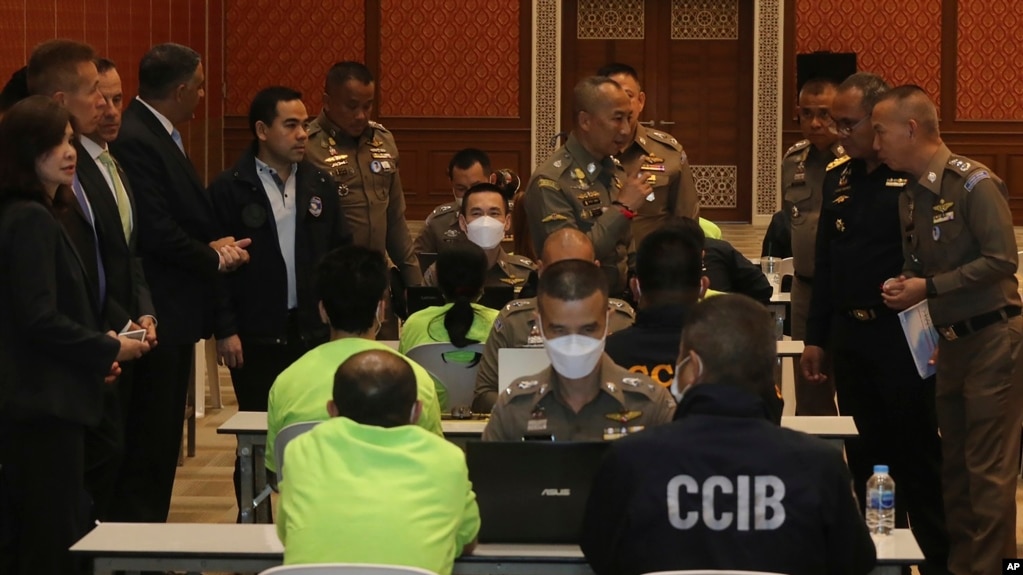By Zsombor Peter
 Chainalysis, a leading blockchain analytics firm, has estimated that Huione Guarantee has processed over $49 billion in cryptocurrency transactions since 2021. While much of this activity may be legitimate, Chainalysis highlights concerns about millions of dollars in transfers linked to known criminal syndicates, including the Lazarus Group, which the U.S. government accuses of funding North Korea’s weapons program.
Chainalysis, a leading blockchain analytics firm, has estimated that Huione Guarantee has processed over $49 billion in cryptocurrency transactions since 2021. While much of this activity may be legitimate, Chainalysis highlights concerns about millions of dollars in transfers linked to known criminal syndicates, including the Lazarus Group, which the U.S. government accuses of funding North Korea’s weapons program.
According to these analytics firms, many merchants associated with Huione Guarantee are allegedly offering services that facilitate criminal activities, such as mule accounts and tools for creating deepfakes. Disturbingly, some products even include electric shackles designed for “binding runaway dogs,” a term referring to scam center workers attempting to escape.
Huione Group has yet to respond to requests for comment regarding these allegations.
An emerging threat in this landscape is the utilization of artificial intelligence by scammers to develop malware and generate increasingly realistic deepfakes for video calls. This advancement complicates the landscape for both law enforcement and consumers.
Hofmann, an expert in cybercrime, noted, “If you receive a video call from someone you believe is an official or a family member, it can be far more convincing than a simple message.” This heightened realism makes it easier for scammers to deceive victims.
Additionally, experts have observed that scammers in Southeast Asia are leveraging AI to conduct multiple conversations simultaneously, reducing the need for large teams. “They’re consistently ahead of us in their craft,” West explained, highlighting the evolving capabilities of these criminals.
The UNODC report also indicates a breakdown in cooperation among law enforcement agencies across borders in Southeast Asia, which cyber fraud syndicates are exploiting. Colonel Jessada Burinsuchat from Thailand’s Cyber Crime Investigation Bureau acknowledged that while cooperation exists, it remains minimal compared to partnerships with countries like the USA, China, Japan, or Russia.
A particularly troubling area is Myanmar, where non-state armed groups control crime-riddled regions along the porous Thai border. These groups have strengthened since Myanmar’s military coup in 2021, contributing to a civil war that complicates efforts to combat cybercrime effectively.